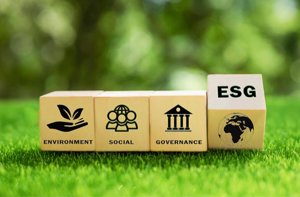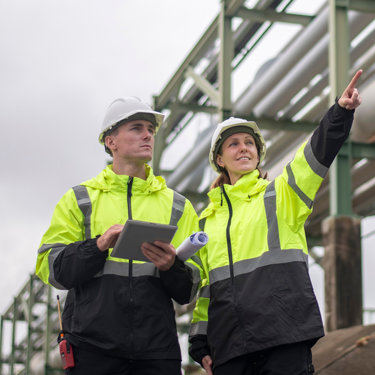
Sustainability and Net-Zero consultancy
Ready to discuss your project?
Please leave your details and a member of our team will reach out to discuss your requirements in more detail and arrange next steps.
We help organisations to achieve their sustainability and ESG ambitions by assessing and improving their impact on people and planet so that they can enhance their reputation and commercial advantage in a responsible way.
How we can help

Net-Zero carbon

ESOS energy audits

SECR

Disclosures and reporting

Environmental, social and governance (ESG)
Features
- Meet your Net-Zero and ESG targets.
- Comply with Energy Savings Opportunity Scheme (ESOS) Phase 3.
- Comply with Streamlined Energy and Carbon Reporting (SECR) by auditing and reporting on the energy consumption and carbon emissions.
- Carbon and energy reporting in your non-financial disclosures.
- Meet your ESG obligations through strategic planning, due diligence, operational transformation, stakeholder engagement, reporting and marketing.
Added value
Climate change represents perhaps the greatest risk to our way of life, but it also represents our greatest opportunity.
To reach Net-Zero, we need to cut greenhouse gases by 50% by 2030, and by at least 90% by 2050 to prevent the worst damaging effects of climate change. We must also balance any residual emissions by removing carbon from the atmosphere, protect and restore natural habitats and enhance biodiversity.
Net-Zero is not only good for the environment, but has the ability to create new commercial opportunities, improve productivity and profitability and contribute towards better health and wellbeing.
Environmental compliance today, creating a sustainable tomorrow
Helping you reduce risk to the environment and your operation by managing assets compliantly while achieving commercial, ESG, and net-zero goals.
Contact our experts
